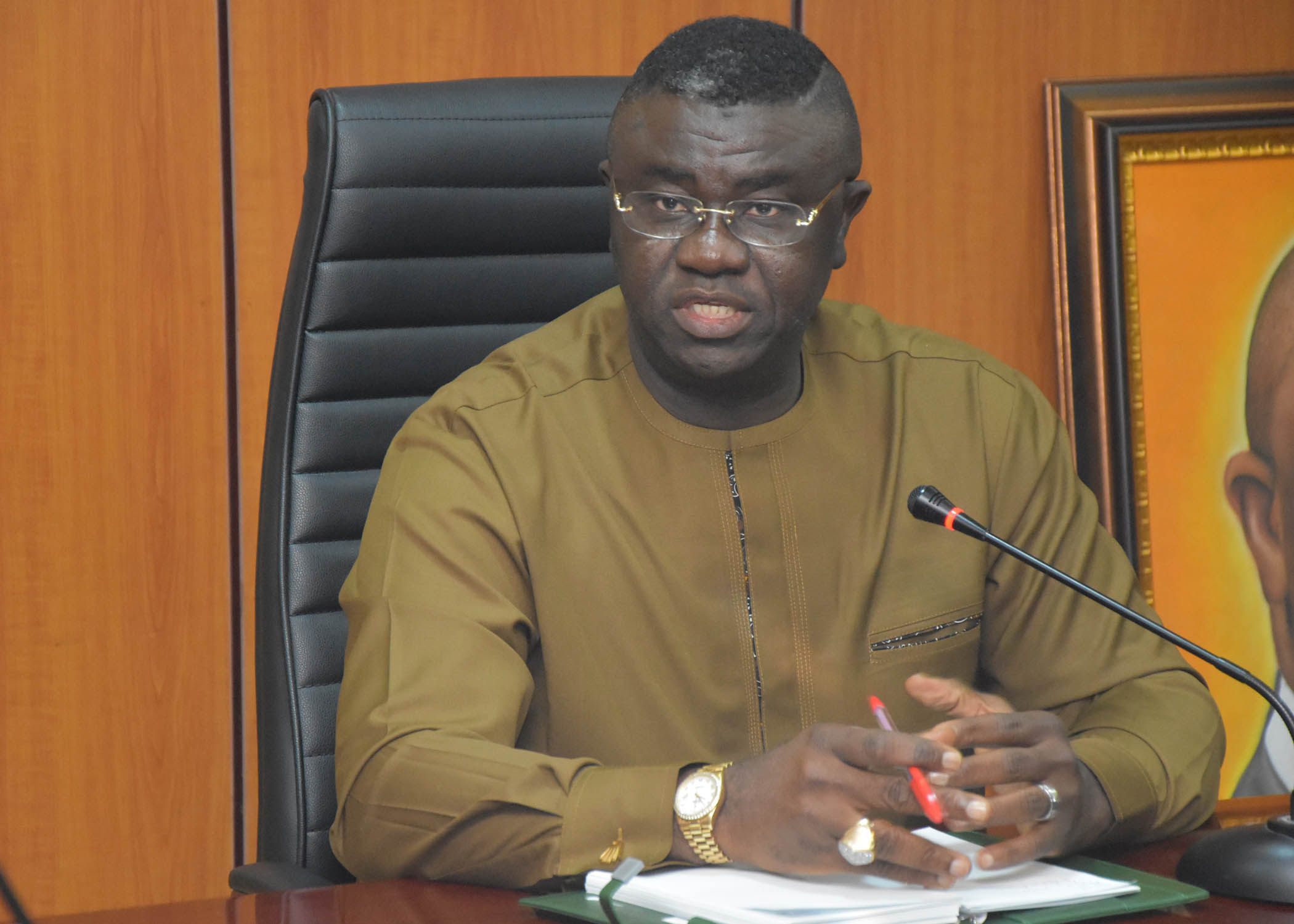The Minister of State for Budget and National Planning, Prince Clem Ikanade Agba, has clarified explained how the federal government spent $5.6 billion it reportedly borrowed to fight Covid-19.
According to the minister, the Federal Government actually used most of the funds to augment the 2020 budget and also to stimulate the economy in order to kickstart a post-Covid recovery.
While responding to questions from correspondents, at the 11th Open Government Partnership (OGP) National Steering Committee meeting in Abuja, the minister said that Nigeria did not receive a donation of $5.6 billion to take care of COVID-19, but that it was money borrowed to shore up the revenue in the wake of COVID-19 pandemic.
‘What indeed happened was that as a result of the shortfall in revenue due to COVID-19 where there were supply disruptions and the demand for oil fell, we took the money. The pandemic led to a reduction in the price of crude oil the world over and because of this issue, OPEC had to reduce the production of the various member countries and Nigeria was not left out. We have a capacity of producing about 2.5 million barrels a day, but we were restricted to 1.4 million a day. Do you know what that means? It seriously affected our revenue and the price came as low as $12 in April last year. So, we needed to look for funds to ensure that we augment the budget to ensure that we meet up with stimulating the economy. So, it is not correct that Nigeria had a donation of $5.6 billion he said.
Read Also: COVID-19: FCT Overtakes Lagos As NCDC Confirms More Cases
Agba also noted that out of the fund, the government introduced a stimulus of $2.3 billion to contain the COVID-19 pandemic impact and bailout of some states from serious indebtedness.
‘What indeed we did was to introduce a stimulus of N2.3 trillion into the economy because we knew with COVID-19 the country was going to be shut down just like the entire world was shut down. If activities were shut down, then the GDP was going to be negative. And once you have two consecutive quarters of GDP you are effectively in a recession. And so we had to look at measures to put in place to ensure first and foremost we contain the COVID-19 which was a health pandemic. And so we needed to ensure that people survived and there was food available. We knew that there would be job losses. So, what do we do to prevent job losses? How do we incentivize the economy, create activities that will generate more income, and ensure that even though we go into a recession that isn’t going to be ‘U’ shaped. It will be ‘V’ shaped with a quick recovery. That was why we had that stimulus of N2.3 trillion. And there are basically two sources of funding for that N2.3 trillion. The first $500 billion had to come from the special account which we embedded in the revised budget and the other $1.8 billion were programmes set up through the financial institutions.
‘We had negotiated a five percent interest rate with a one-year moratorium and we are able to grow agriculture, look after the SMEs, support the aviation sector. We also made provisions for the states for their survival. Like you know, the states had some bailout funds. We had to stop the repayment, both for the principal and the interest for the year,’ he said.
On the OGP, the minister noted that it is a collaboration of the government and civil society organizations.
AFRICA TODAY NEWS, NEW YORK

